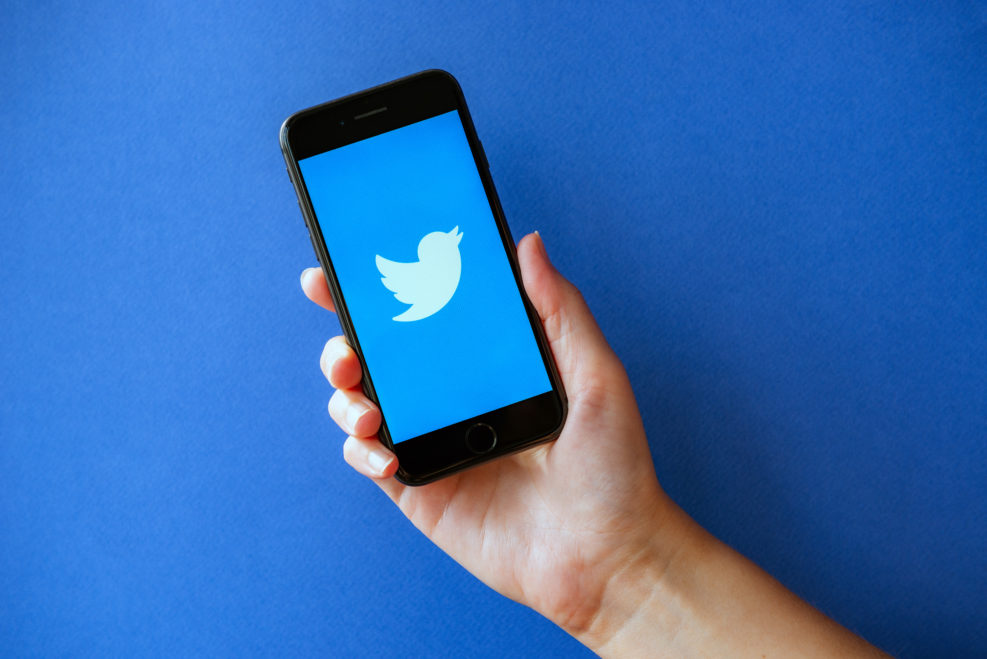
Caitlin Cory is the Communications Coordinator for Discovery Institute. She has previously written for Discovery on the topics of homelessness and mental illness, as well as on Big Tech and its impact on human freedom. Caitlin grew up in the Pacific Northwest, graduated from Liberty University in 2017 with her Bachelor's in Politics and Policy, and now lives in Maryland with her husband.
Archives


COSM 2023 Now on YouTube!
COSM 2023 explored the nature of artificial intelligence, as well as its future potential and risks.
Homelessness: A Profitable Business

Musk Offers Twitter $41 Billion, Exciting Free Speech Advocates
Will Musk succeed in his effort to "unlock" Twitter's free speech potential?
Pinterest Bans Climate Change “Misinformation”
Pinterest might be the first company to implement such a strict ban, but what if it's not the last?
Dorsey Talks Decentralization and Musk Buys Twitter Share
Will this be the upset many free speech advocates hope it could be?
Could Decentralization Fix Twitter’s Censorship Problems?
Decentralization is not an automatic guarantee of internet freedom, but it may be a good first step
Generous Donation Gone to Waste on Bad Homelessness Policy

Generous Donation Gone to Waste on Bad Homelessness Policy

Most Cities’ Responses To Homelessness Actually Enable Even More Homelessness

Most Cities’ Responses To Homelessness Actually Enable Even More Homelessness
Housing First fails because it doesn’t address root causes of homelessness: unaddressed mental illness and substance use disorders.
Meta Suspends Hate Speech Policy in Countries Near Russia
Hate speech and death threats against Russian and Belarusian political leaders and their militaries are temporarily allowed in twelve Eastern European countries
Former Homelessness Czar Sees Hope for the Future

Former Homelessness Czar Sees Hope for the Future

YouTube Suspends News Show for Reporting on Misinformation
The show's host has accused YouTube of failing to "distinguish between misinformation and reporting"
In State of the Union, Biden Vows to Curb Social Media Harms
Biden addressed the mental health harms of social media use on children and teens
Trump Releases Truth Social, Users Run Into Errors
The jury is out on whether this will stand as a true rival to Twitter
IRS Backs Off on Facial Recognition Demand
Starting this summer, the IRS would have required all online users to submit a facial recognition scan. Now, they've changed their mind
Fact Checkers Stifle Story on Government-Funded Crack Pipes
When official sources contradict each other, who has the authority to decide what is misinformation and what is not?